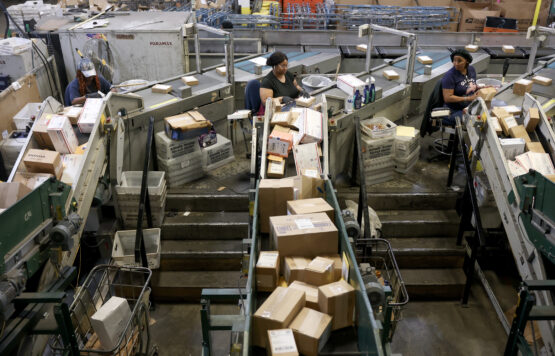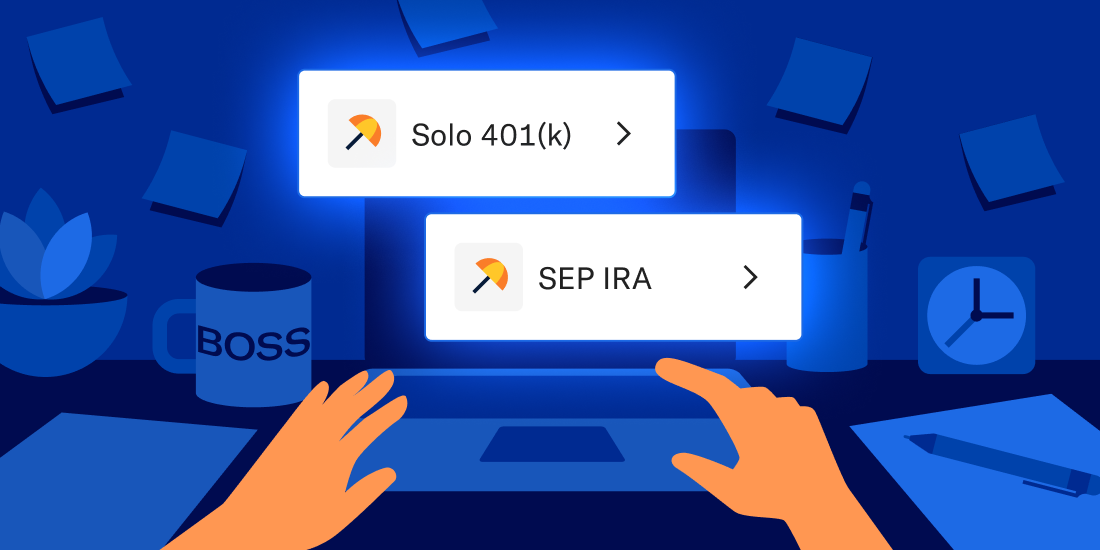South Africa’s state-owned postal company halted some services to the US indefinitely, after President Donald Trump revoked duty-free access for international parcels.
While all parcels or other items containing goods destined for the US will be suspended, documents, letters, and exempted mail classes such as military mail will still be accepted, the South Africa Post Office (Sapo) said in a statement on Friday.
Read:
Mark Barnes weighs in on Post Office turnaround plans
R381m reprieve for SA Post Office workers
Rescuing ailing SOEs – an impossible business case
ADVERTISEMENT
CONTINUE READING BELOW
“Given the complex processes required to comply with the new regulation, we have no choice but to temporarily suspend these shipments,” it said. “We regret any inconvenience this may cause to our customers.”
US consumers were previously able to buy cheap goods from abroad under what was called the de minimis exemption, which allowed for smaller packages to be shipped into the US duty-free. This tariff exemption was revoked in May for China, before being repealed for the rest of the world in a presidential order signed last month with the purpose of preventing the inflow of illegal drugs such as fentanyl.
Read: US chokes off e-commerce tsunami by closing de minimis loophole
The South African announcement follows similar decisions by other national postal services that have suspended their shipping services to the US, including Japan, Britain and Australia.
It also adds further strain to Sapo, which has been under business rescue since 2023, after it suffered years of declining mail volumes, mounting debt and operational challenges.
© 2025 Bloomberg
Follow Moneyweb’s in-depth finance and business news on WhatsApp here.

 4 days ago
1
4 days ago
1























 English (US) ·
English (US) ·